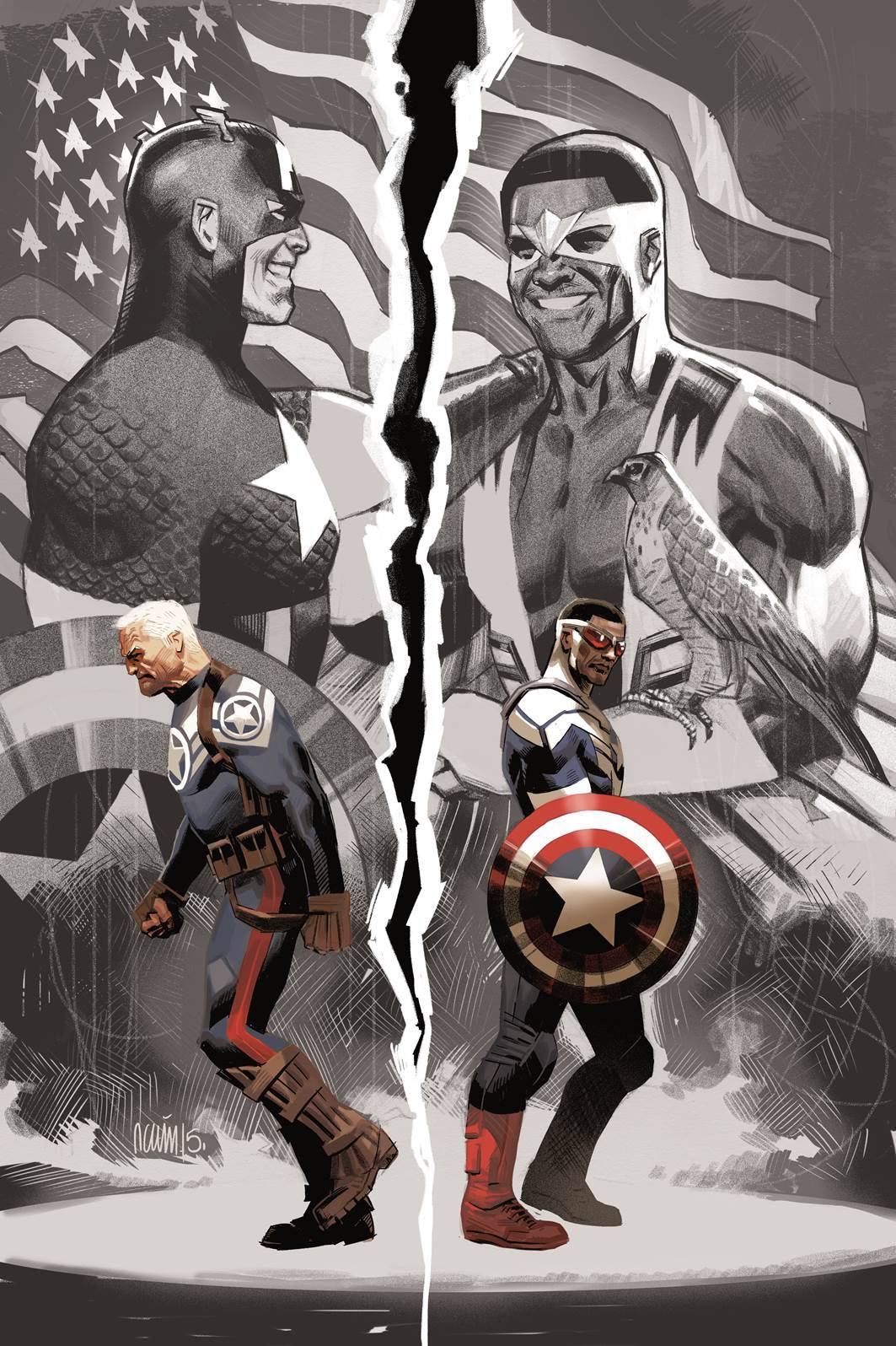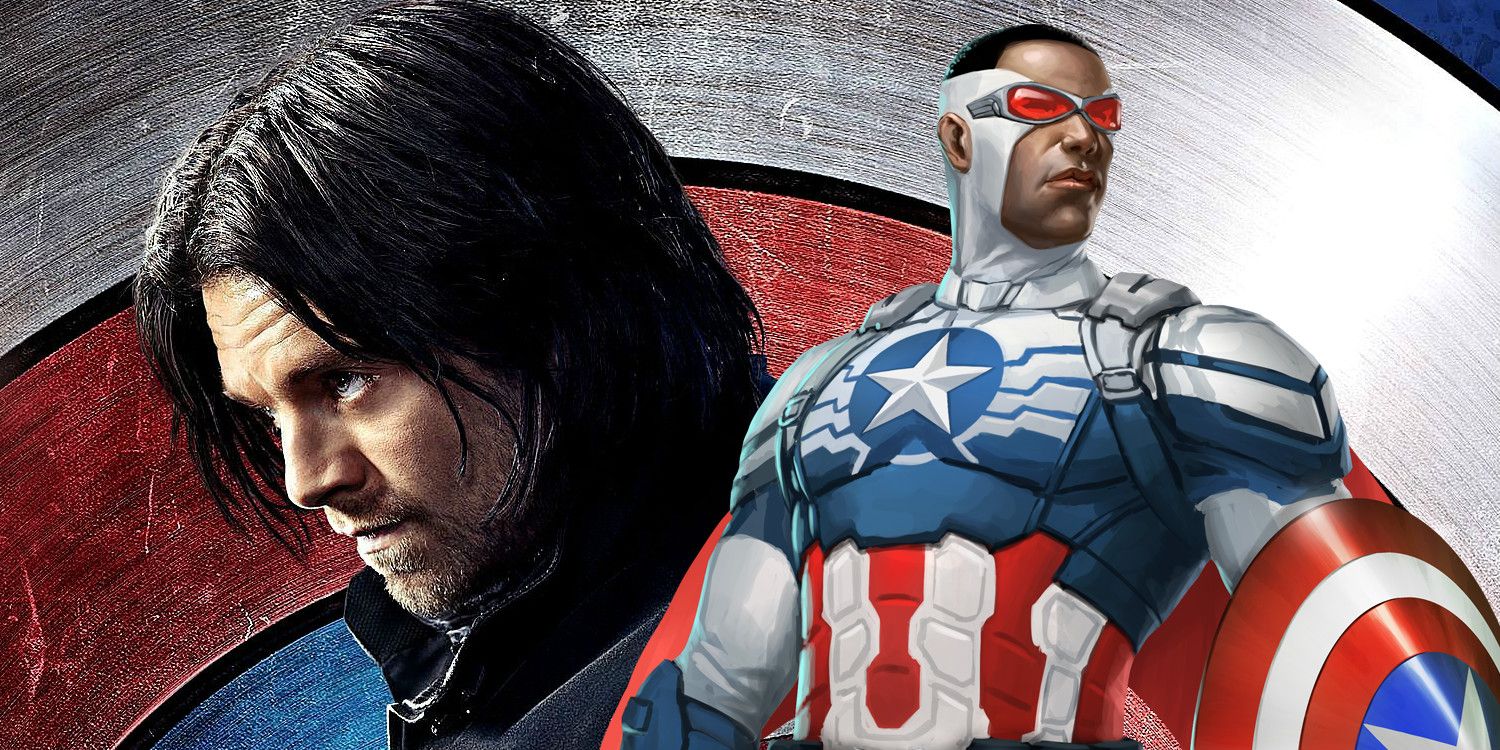
The big problem with this dramatic tension is that society and politics (beyond a couple of senators and diplomats) don’t exist in the Marvel Cinematic Universe it’s hard to pin down who, exactly, objects to regarding Sam as Captain America. We briefly see the top brass introducing the new Captain America to large crowds-they greet Walker with the sort of loud but half-hearted cheers that a ticket holder might spare for the opening act for a much better band. government taps a highly decorated but brooding officer, John Walker, to succeed Rogers instead. Initially, Sam relinquishes the title, and so the U.S. What does this title, Captain America, even mean to the people in this cinematic universe? It’s rather hard to discern despite the show being ostensibly dedicated to the title’s significance. In the fifth episode, “Truth,” Sam implores Isaiah to explain his cynicism about Captain America, and Isaiah, evoking the real-life Tuskegee Syphilis Study, recounts the horrors of the human experimentation used to redevelop the super-soldier serum that produced Rogers’s Captain America. Throughout the series, Sam chats with Isaiah Bradley, a disillusioned Black veteran subjected to gruesome experimentation by his own countrymen during the Korean War. He’s a poor combat fighter who becomes Captain America after a shadowboxing montage in which he tosses the shield like a glorified frisbee among the trees in his backyard. By the season finale, Sam hasn’t become Captain America by overcoming some unique and urgent threat to national security or world peace.

Instead, he gradually capitulates, and he doesn’t even make his selling out look good. At no point does Sam interpret this belittlement of his own identity and legacy as the ultimate disrespect. Until he takes up the shield, Sam has no place in the pantheon or even the Smithsonian he can’t even get a small business loan. Rather, the title Captain America counts for everything.
#SAM WILSON CAPTAIN AMERICA POP SERIES#
Here’s a hero who fought alongside Rogers in the world’s darkest hours, an Avenger in his own right, and yet the series assumes that Sam’s own call sign and legacy as the Falcon doesn’t count for anything. Instead, The Falcon and the Winter Soldier discounts and debases Sam. Ultimately, though, that’s not quite what the series does. The New Captain America Will Be Fighting for Something Different ‘The Falcon and the Winter Soldier’ Was Riddled With Contradictions He also seems to doubt the political appetite for a Black Captain America, at one point even saying, “Every time I pick this up, I know there are millions of people out there who are going to hate me for it … No blond hair or blue eyes.” The series’ plot line means to show Sam rethinking his reluctance, overcoming his perceived inadequacy, reclaiming the shield, and redefining the role of Captain America. Sam is reluctant to appropriate a symbol that belongs-prohibitively, in Sam’s mind-to Steve. In the first episode, “New World Order,” Sam declines to succeed Steve and returns his shield to the U.S. “That symbol means something very different in Sam’s hands,” the series creator Malcolm Spellman said. The Falcon and the Winter Soldier then sought to dramatize the political tension in Sam, a Black man, assuming a mantle as whitewashed and old-fashioned in its patriotism as Captain America’s shield.

To do that, it empowered Sam, the Falcon, to succeed the retired Steve Rogers (Chris Evans) as Captain America in the Marvel Cinematic Universe. First, it wanted to serialize the buddy-comedy chemistry that Sam Wilson (Anthony Mackie) and Bucky Barnes (Sebastian Stan) sold so well in Captain America: Civil War. The show was a superhero mission with a few key objectives. The Falcon and the Winter Soldier never believed in Sam Wilson.


 0 kommentar(er)
0 kommentar(er)
